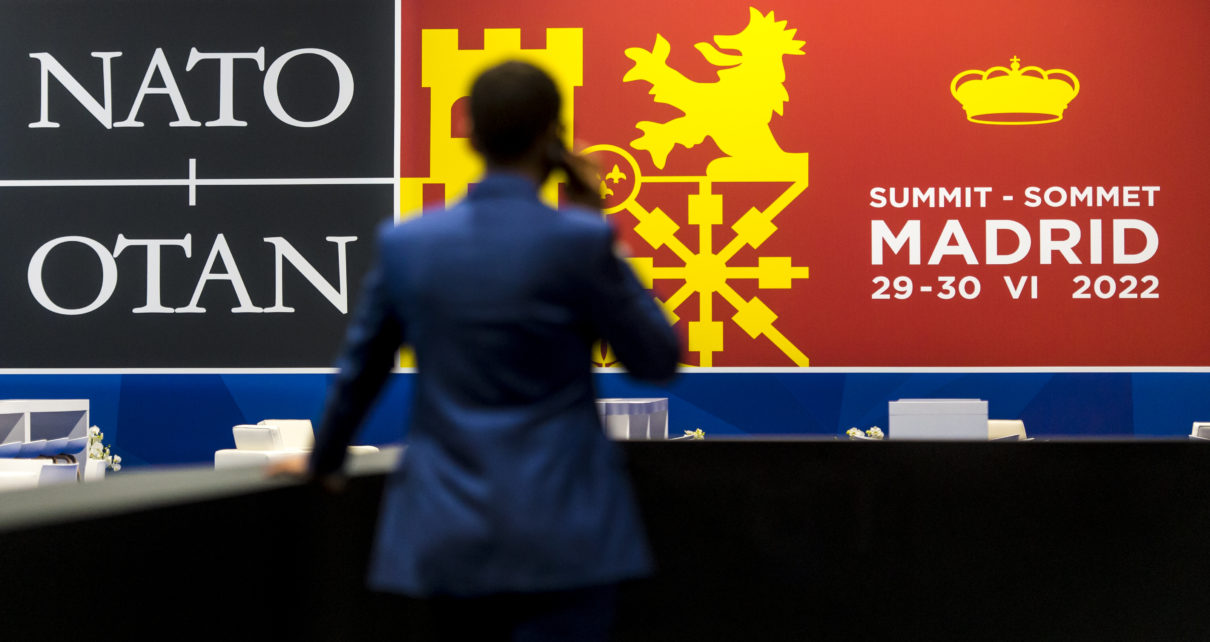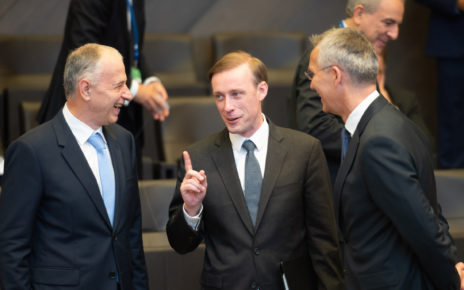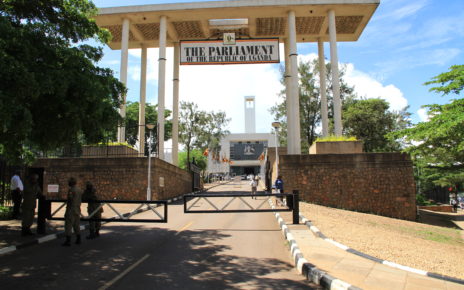The recent NATO Summit, held in Madrid following a conference of the G-7, highlighted an Alliance finding its more typical form as a collective defence organization again after nearly two decades focusing on the asymmetrical challenges presented by international terrorism and crisis-response operations. Rather than centring on Afghanistan, the conversation between the leaders of member states concentrated on bolstering its presence along NATO’s Eastern Flank to further deter a revisionist Russia, while also responding to an increasingly competitive People’s Republic of China (PRC). In another sign of new life for the Alliance, the Madrid Summit also featured the incorporation of two new seats on the North Atlantic Council as Sweden and Finland secured entry into NATO. These additions, while further securing the Baltic region and bolstering NATO’s military and political assets with modern forces and strong democratic institutions, may also allow the Alliance to gain from utilizing Sweden’s Psychological Defence Agency (SPDA) as a model for countering disinformation.
In adopting its latest strategic concept, NATO reaffirmed its core principles while also pivoting to respond to the most significant change to the international system since the collapse of the Soviet Union. In light of Russia’s invasion of Ukraine, the Alliance highlighted its continued emphasis on defending the sovereignty of its member states, marked by its decision to accept Sweden and Finland for membership and its increased prioritization of bolstering its rapid-reaction force and its enhanced forward presence in the Baltic states and Poland. However, rather than focusing solely on the threat to its Eastern Flank, NATO also directly acknowledged the challenges presented by the PRC, particularly highlighting its use of disinformation campaigns and “confrontational rhetoric,” a veiled reference to its practice of “Wolf Warrior Diplomacy,” while also expressing concern over the PRC’s expansion of its nuclear and conventional arsenals.
These dual threats, which have become more unified due to the PRC’s pursuit of an expansive strategic relationship with Russia, highlight the need for NATO to adapt once more, moving further away from an era of asymmetrical threats towards a more traditionally minded, state-centric security agenda. Further, it is also this style of threat for which Sweden’s model of ‘psychological defence’ based upon its ‘total defence’ doctrine is best prepared.
Originally begun during the Cold War, SPDA is primarily designed to act as a complement to Sweden’s “total defence” doctrine by detecting and resisting foreign interference. This doctrine, which emphasizes the role of deterrence in Sweden’s national defence policy, centres around cultivating a national culture of civilian resistance while also entailing a vast conscription program by necessitating that those between the ages of 17 and 70 be prepared to serve during a national emergency. The SPDA’s stated mission is to secure an environment conducive to the flourishing of an “open and democratic society” in order to maintain public confidence in Sweden’s political institutions. To achieve this, the SPDA primarily conducts operations focused on ensuring the integrity of elections. These operations are primarily meant to limit the influence of foreign disinformation on the Swedish public by educating individuals on how to limit their exposure, while also assisting municipalities and other agencies in their counter-disinformation efforts. This approach, which often contrasts with NATO member states’ current counter-disinformation initiatives, particularly highlights the significant role of social norms and attitudes towards security, defence, and governance in determining democracies’ responses to the threat of information warfare.
Aside from NATO’s Strategic Communication Centre of Excellence (StratCom COE), which focuses on the Alliance’s communications strategy and information-related threats, much of NATO’s counter-disinformation efforts have largely been decentralized and delegated to individual member states. However, Sweden’s model, particularly its focus on social norms, highlights a set of broadly transferable policies for the entire Alliance. As opposed to other efforts to counter information warfare that have attempted to separate the military and civilian spheres from one another, Sweden’s “total defence” doctrine emphasizes the shared responsibility of resistance between civilians and military personnel. Considering the need to counter disinformation as a common, socially held burden, rather than merely as an issue of commercial regulation, also responds to the competing need to safeguard the right to free expression, which is another common hurdle in policy discussions. Further, Sweden’s emphasis on resistance, rather than solely detection, recognizes that disinformation is effective not simply due to its presence within online environments, but also because of its propensity to alter the off-line behaviours of its consumers. As such, the SPDA introduces greater nuance into discussions over topics such as media literacy or corporate-based censorship, which have been continuously debated within member states such as Canada and the US, respectively.
Sweden’s eventual full entrance into NATO will occur during a time of profound upheaval for the Alliance as a renewal of the Cold War, the longest war of the twentieth century, collides with potentially the longest war of the twenty-first, a conflict with China. While these conflicts and competitions will largely be fought with technology nearly unimaginable during NATO’s last round of northern expansion in 2004, propaganda and “confrontational rhetoric” are far from recent developments. Rather, the novelty will lie in whether the Alliance will be able to evolve in such a way as to maintain its democratic nature. This will require it to both remain true to its liberal underpinnings while also securing a free society for all, an open question to which Sweden may have a promising answer.
Image copyright: “Madrid Sights” by NATO North Atlantic Treaty Organization via Flickr. Licensed under CC BY-NC-ND 2.0.
Disclaimer: Any views or opinions expressed in articles are solely those of the authors and do not necessarily represent the views of the NATO Association of Canada.




